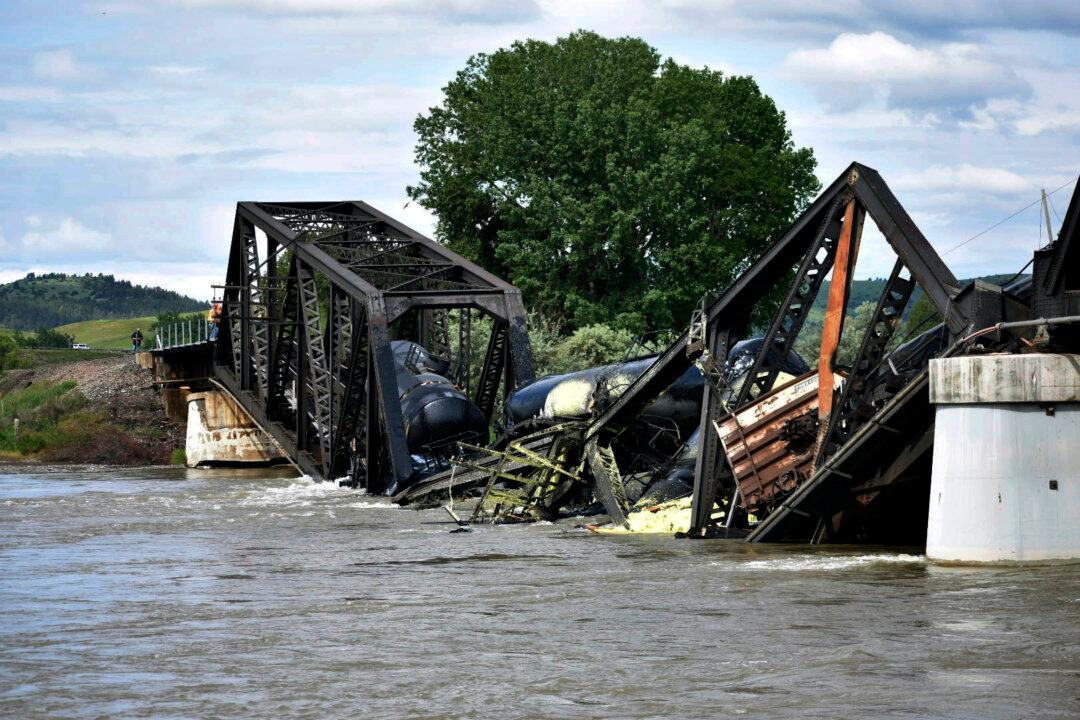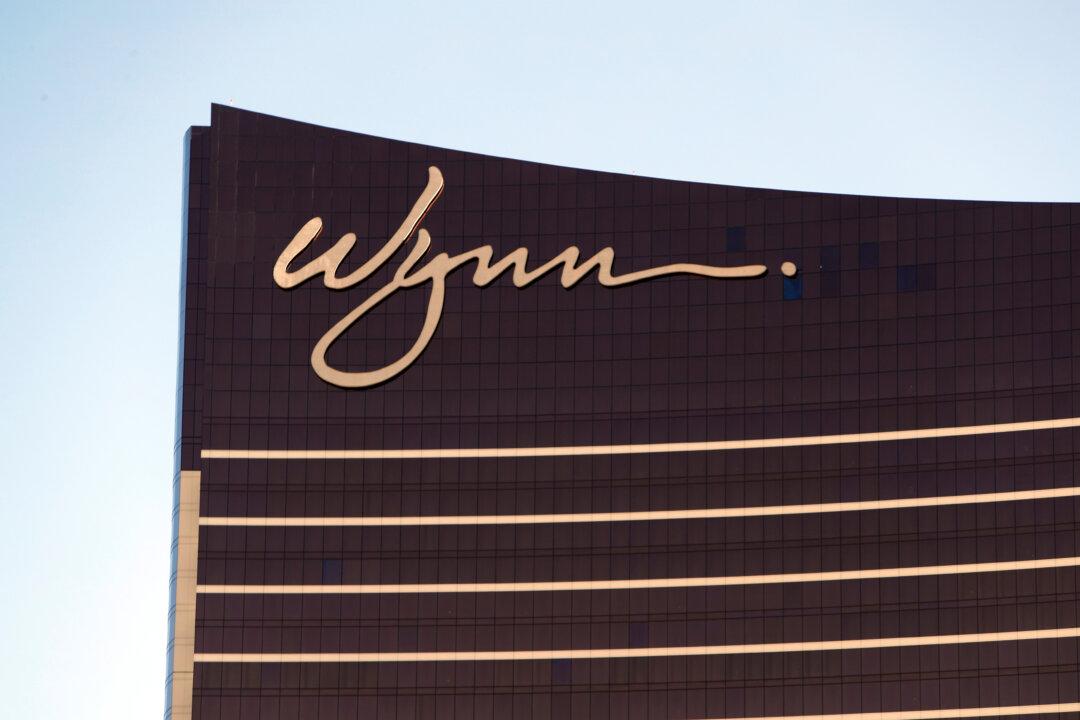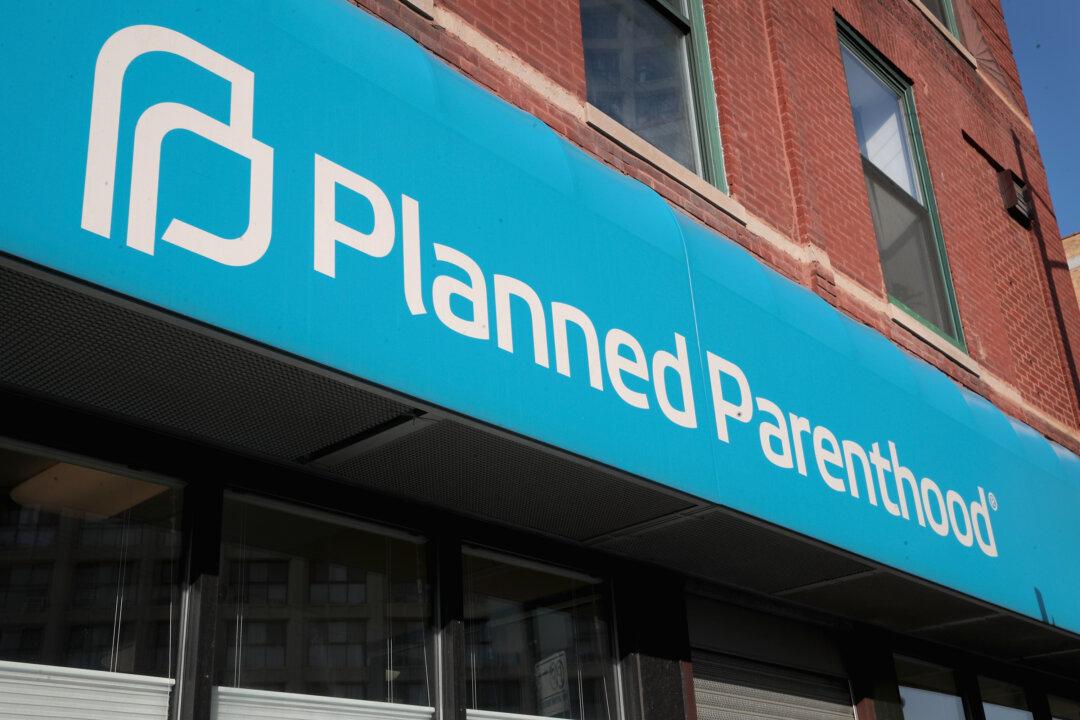Crews have begun cleaning up the asphalt binder that spilled into Montana’s Yellowstone River during a bridge collapse and train derailment on June 24.
Officials with the Environmental Protection Agency said cleanup efforts began on Sunday, with workers extracting the now gooey material from the river water by rolling it up and putting the globs into garbage bags. It will probably be recycled, said Paul Peronard with the EPA.





